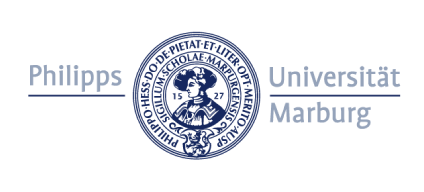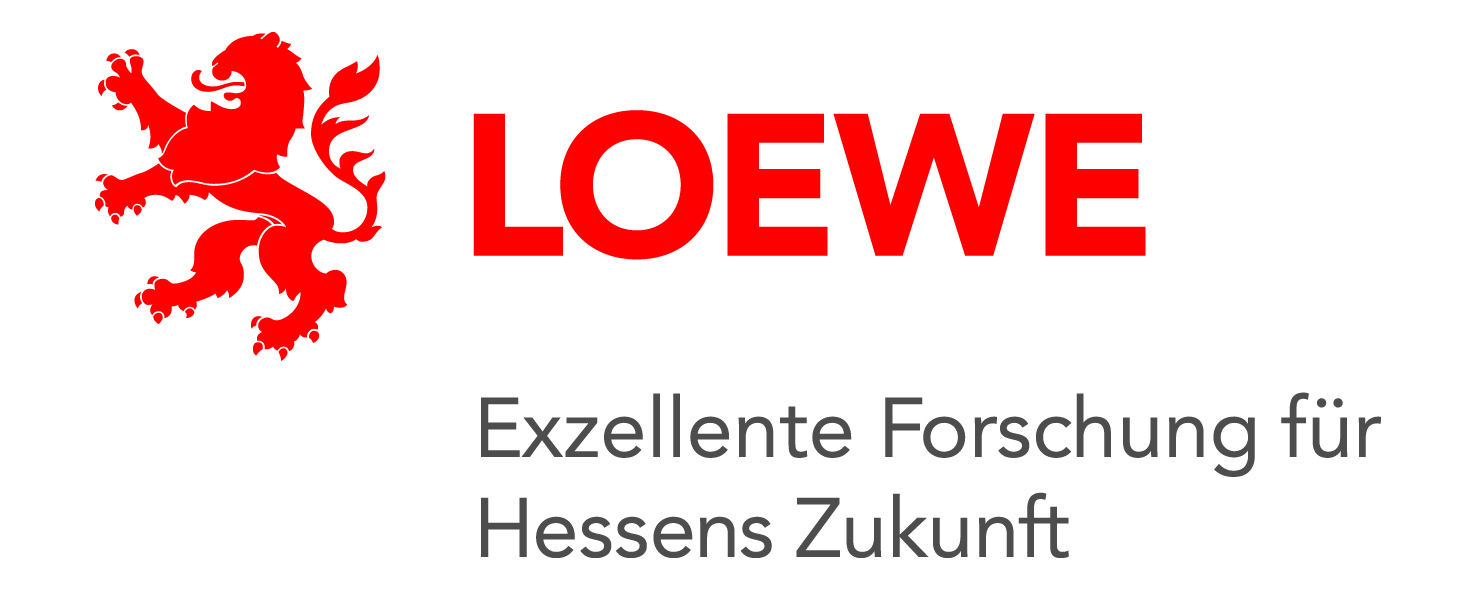14.11.2023 iGEM Team won gold medal for "Best synthetic plant"


With their "Rhizogene" project, 13 students from various disciplines at Philipps-Universität Marburg have significantly advanced a key technology for modern plant breeding and received the prize for the best plant project in the iGEM competition. This year, over 400 teams from universities around the world took part in the synthetic biology competition and came together for the final in Paris in early November 2023.
The "international Genetically Engineered Machine (iGEM) competition" is an international competition for students in the field of synthetic biology. It is organized by the foundation of the same name and aims to encourage students to conduct independent and innovative research during their studies. In synthetic biology, researchers rebuild existing biological building blocks or recombine building blocks from different organisms in order to develop special biological properties.
Soil bacteria of the genus Agrobacterium naturally transfer part of their genetic information to their host plants. In nature, this usually results in growths on the trunks of trees, as can often be observed by observant forest walkers. Agrobacteria have been used in plant biotechnology for decades.
The team at Philipps University Marburg has now succeeded in further developing the introduction of targeted genetic modifications with the help of the soil bacterium Agrobacterium rhizogenes in such a way that this technology can be used for a larger number of plant species, some of which were previously considered difficult to access. For example, the team succeeded in the targeted transfer of genes to the bambara nut, an important food source in rural Africa. "It is impressive how our students have technically simplified the methodology to such an extent that work under sterile conditions and in specialized laboratories is no longer necessary. This approach has enormous potential for the application of the method in emerging and developing countries," says Prof. Dr. Gert Bange, Vice President for Research at Philipps University.
Prof. Dr. Lars Voll adds: "Modern breeding methods based on the targeted modification of genetic material are essential for the urgently needed development of climate-adapted, high-yielding crops. The methodology refined and simplified in our project for the targeted transfer of hereditary traits represents a very important step in the adaptation of tropical crops to climate change." The molecular plant physiologist supervised the team together with microbiologist Prof. Dr. Anke Becker. She emphasizes: "In addition, the Marburg team has developed the tools with which oak plants can be specifically modified for research purposes in the future. The oak is a key tree species in European forests. This is the focus of the Tree-M and PhytOakmeter research networks funded by the Hessian LOEWE program and the German Research Foundation under Marburg's leadership.
The pioneering work of the Marburg iGEM team creates completely new opportunities to investigate the effects of climate change in such research programs on native trees in order to use the knowledge gained for the sustainable management of forests."
The Marburg iGEM team also focused on improving the central genetic circuit that controls the transfer of genetic information by the soil bacterium.
The vote of the expert jury, which selected the Marburg competition entry as the best plant project, was ultimately unanimous. It is not only the research results that play a role in the evaluation of the competition. The students are also required to present and discuss their project and synthetic biology in public. The insights gained from the discussion with a student from Namibia, who explained the needs and problems of cultivating locally grown crops to the team and significantly inspired the research approach, were groundbreaking.
The Marburg iGEM team has also developed new concepts together with the German Institute for the Blind (blista) to make experiments in the field of synthetic biology accessible and feasible for visually impaired people, such as working with bacteria that produce different scents depending on the culture conditions.
The team was supported by the Center for Synthetic Microbiology (SYNMIKRO), the Departments of Chemistry and Biology at Philipps University, the Max Planck Institute for Terrestrial Microbiology, Siemens Healthineers, Geneious Inc, the Von Behring-Röntgen Foundation and numerous other companies.
Contact
Prof. Dr. Lars Voll
Tel.: 06421-28 22061
Mail: lars.voll@biologie.uni-marburg.de
Fachbereich Biologie
"Synmikro" Philipps-Universität Marburg


